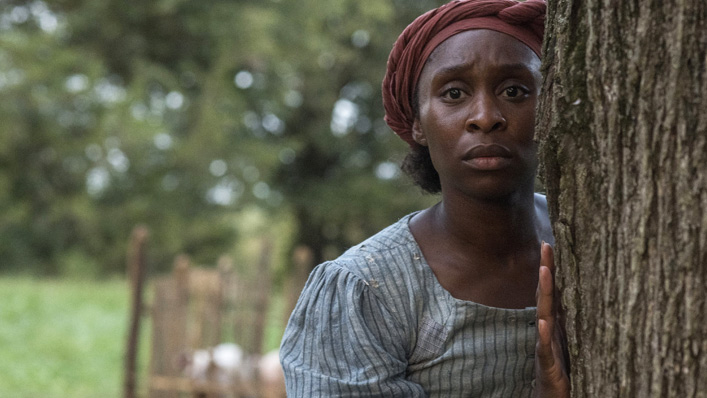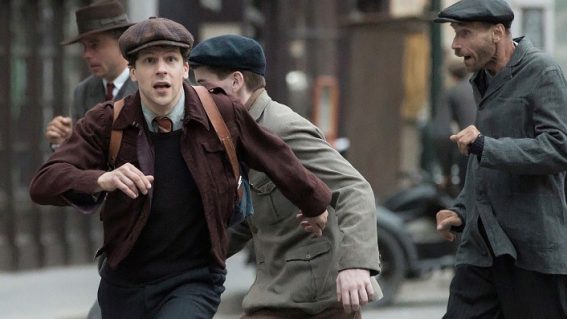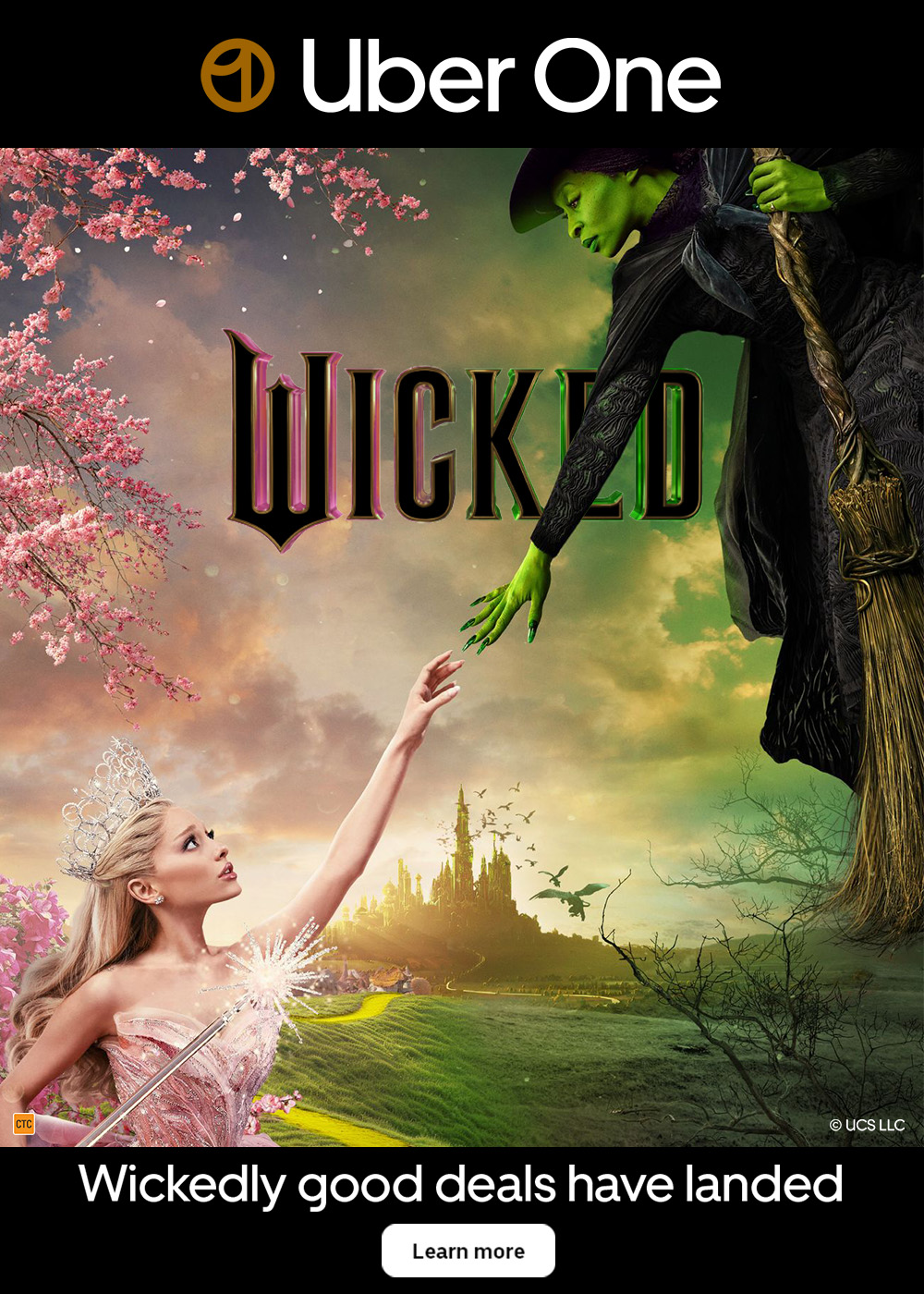Harriet is a stirring historical epic about abolitionist Harriet Tubman

Led by an Oscar-nominated performance from Cynthia Erivo, Harriet has bypassed cinemas in Australia and gone straight to digital. In the current moment it is essential viewing, says critic Travis Johnson.
Study enough history and you quickly cotton on to the fact that the real world takes leaps of plausibility that fiction writers would balk at. And so it is with the story of real-life heroine Harriet Tubman: escaped enslaved person, Underground Railroad agent, Civil War commander and spy, and basically a real-life superhero. For real, she even had a secret identity: she was called Moses because she, like the biblical prophet, led her people out of oppression.
According to director Kasi Lemmons (Eve’s Bayou), who co-wrote the script with Gregory Allen Howard (Remember the Titans), slave owners in the antebellum southern United States could not believe for a second that a black woman was responsible for spiriting away so many runaways to safety in Canada; at best Moses was a black man, but more likely a white abolitionist. But no, it’s the titular Harriet who, as played by British actor Cynthia Erivo (Bad Times at the El Royale), is steely, stoic and iconic, although she falls somewhat short of coming across as a fully-rounded human being.
And that’s the key (albeit eminently forgivable) problem with Harriet as a film: the whole exercise is conducted with a tone of reverent earnestness which at times undercuts the wrenching drama playing out on the screen. Tubman’s life is quite simply an incredible piece of source material and Lemmons and her team have done a sterling job of hitting the key points, knitting together what could have been a disjointed collection of fairly accurate but unconnected scenes into something with actual thematic heft. An excellent cast is put to work, with Hamilton’s Lesley Odom Jr. as abolitionist William Sill, The Wire’s Clarke Peters as Harriet’s father, and Vondie Curtis-Hall and Janelle Monae in supporting roles.
When it’s firing on all cylinders, Harriet kind of feels like a less politically shaky version of Clint Eastwood’s The Outlaw Josey Wales, both being picaresque stories of common people who become guerilla fighters around the time of the American Civil War. The key difference is that Clint’s Josey is a Confederate bushwhacker, and his already questionable ethical bona fides look even weaker in the cold light of the current moment.
Comparing the two is an interesting exercise. Wales is unarguably the better film, but the real-life Tubman is a finer protagonist than the admittedly fictional Josey Wales. So how do we weight that, especially in light of both films’ perceived politics? All art is political of course, and all art is of its time, and right now we have a world in turmoil as the Black Lives Matter movement demands accountability from law enforcement. In this moment, Harriet feels vital and on point, while The Outlaw Josey Wales feels hamstrung by tacit political assumptions that, frankly, should have been obvious all the way back in 1976.
Which is a long way of saying that for all that it earned Erivo a Best Actress Oscar nomination, Harriet, which bypassed theatrical release in Australia when it was released in 2019, might very well have escaped wide attention in this country if it had come to VOD at any other time. But right now, in 2020, it is essential viewing.

















